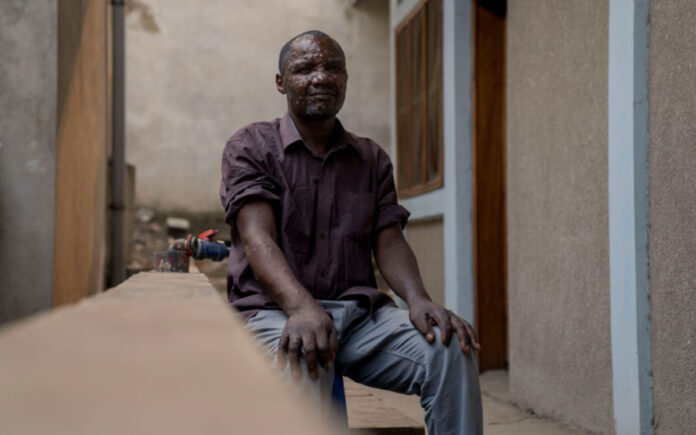London: The World Health Organization (WHO) has declared mpox a global health emergency for the second time in two years. This decision underscores the urgency of the situation and aims to mobilize international cooperation and resources. Here’s what you need to know.
What Defines a Global Health Emergency?
A “Public Health Emergency of International Concern” (PHEIC) is the highest alert level issued by the WHO. It is declared when diseases spread in new or unusual patterns, prompting a global effort to control the outbreak. The recent declaration follows a similar designation from the Africa Centres for Disease Control and Prevention earlier this week.
Why Is Mpox Considered an Emergency Once More?
The first global mpox emergency was declared two years ago when the disease, previously contained in specific regions, began spreading globally, primarily among men who have sex with men. This initial outbreak was managed through behavior changes, safe sex practices, and vaccination.
However, mpox has been a persistent issue in parts of Africa for decades. The first human case was recorded in Congo in 1970, with periodic outbreaks since then. The current outbreak in Congo, the worst ever recorded, has led to 27,000 cases and over 1,100 deaths since January 2023, mostly among children. Mpox causes flu-like symptoms and pus-filled lesions; while often mild, it can be fatal, especially for children, pregnant women, and individuals with weakened immune systems.
Two strains of mpox are currently spreading in Congo: the endemic strain and a newly emerged variant. The latter has raised global concern due to its rapid spread and limited knowledge about it. It transmits through sexual contact and other close interactions, including among children in displacement camps. This new strain has also spread from eastern Congo to Rwanda, Uganda, Burundi, and Kenya.
Also Read | Khamenei Warns of Divine Retribution if Iran Fails to Retaliate Against Israel
What Are the Next Steps?
The emergency declarations are expected to accelerate efforts to deploy medical tools and secure funding to combat the outbreak in Congo. Improved surveillance is crucial for studying the virus and curbing its spread. However, a WHO appeal for $34 million in 2022 to fight mpox went unmet, and access to vaccines was inequitable. African countries still lack access to the vaccines used in the global outbreak, though efforts are underway to address this. The WHO has called for vaccine donations from countries with stockpiles, and the Africa CDC is working on securing doses.
How Concerned Should You Be?
While mpox is a significant health concern, particularly for vulnerable populations such as children, it is not on the same scale as COVID-19. There is no evidence that mpox spreads as easily through the air as COVID-19. Effective tools are available to control its spread and protect those at risk.
The current challenge is ensuring these tools reach those in need, especially in Congo and surrounding areas. The emergency declarations aim to highlight this need and prompt action.



